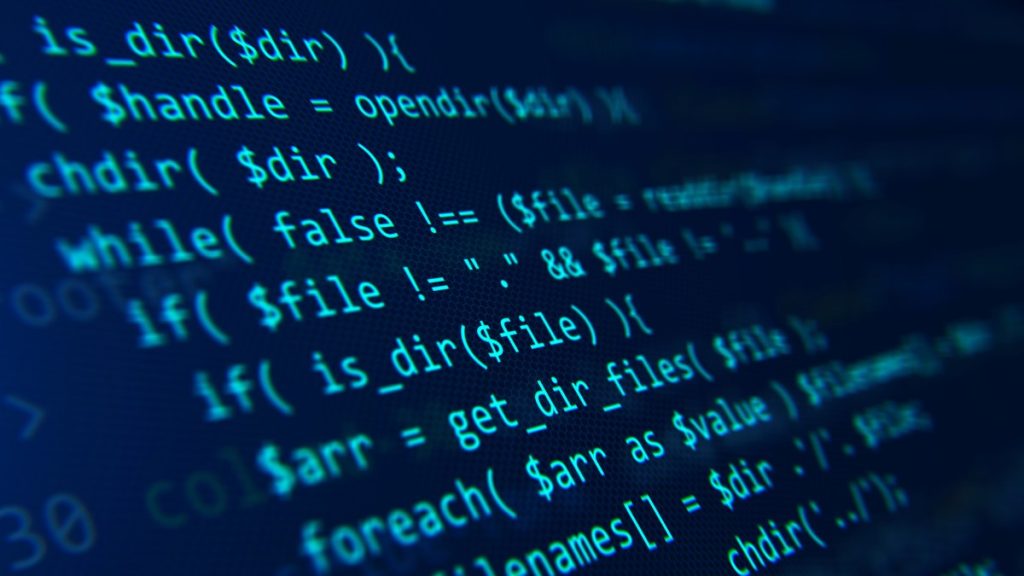In a groundbreaking development for the world of artificial intelligence and coding, the Laude Institute has announced the winner of the first-ever K Prize, a significant AI coding challenge that seeks to re-evaluate the capabilities of AI-powered software engineers. On Wednesday, at 5 PM PST, Brazilian prompt engineer Eduardo Rocha de Andrade emerged victorious, taking home a prize of $50,000. However, his achievement is underscored by a striking statistic: he managed to correctly answer only 7.5% of the questions presented during the competition.
Understanding the K Prize Challenge
The K Prize was launched by Databricks and Perplexity co-founder Andy Konwinski, aiming to establish a rigorous benchmark for AI models in coding. “We’re glad we built a benchmark that is actually hard,” said Konwinski. “Benchmarks should be hard if they’re going to matter.” This sentiment highlights the challenge of building effective AI models that can solve real-world programming problems, particularly as existing benchmarks have come under scrutiny for being too simplistic.
The K Prize challenge is distinct from other coding benchmarks, such as the well-known SWE-Bench system. While SWE-Bench relies on a fixed set of problems for models to train against, the K Prize adopts a “contamination-free” approach. It employs a timed entry system that prevents any benchmark-specific training. The first round required models to be submitted by March 12, 2025, and the organizers then created a test using only GitHub issues flagged after that deadline. This approach ensures that the models are tested against genuinely new coding problems, making the results more valid.
Performance Comparison: K Prize vs. SWE-Bench
Interestingly, the 7.5% top score achieved by Andrade sharply contrasts with the SWE-Bench results, which currently show a top score of 75% on its easier ‘Verified’ test and 34% on its more challenging ‘Full’ test. Konwinski noted that the disparity raised important questions about the credibility of existing benchmarks. He stated, “I’m not sure whether the disparity is due to contamination on SWE-Bench or just the challenge of collecting new issues from GitHub.” The ongoing K Prize project is expected to provide further insights as more rounds are conducted.
As Konwinski explained, the aim is to continuously improve the benchmarks: “As we get more runs of the thing, we’ll have a better sense,” indicating that the competition will evolve and adapt over time as participants refine their models to meet the rigorous standards of the challenge.
- K Prize Winner: Eduardo Rocha de Andrade
- Total Prize Amount: $50,000
- Winning Score: 7.5%
- SWE-Bench Scores: 75% (Verified) / 34% (Full)
The Community’s Reaction
The AI community is keeping a close eye on the K Prize, as the results could have far-reaching implications. Industry experts are starting to recognize the necessity of creating more robust benchmarks. Sayash Kapoor, a researcher at Princeton, expressed enthusiasm for developing new tests to challenge existing benchmarks. “Without such experiments, we can’t actually tell if the issue is contamination, or even just targeting the SWE-Bench leaderboard with a human in the loop,” he noted. This perspective underscores the growing awareness of the limitations of current testing methods in evaluating AI performance.
A Future for AI Coding Models
For Konwinski, the K Prize signifies not just a better testing framework, but also a wake-up call for the AI industry at large. The promise of AI-operated professions such as doctors and lawyers might seem compelling, but the current reality of AI capabilities reveals a gap between expectations and actual performance. “If you listen to the hype, it’s like we should be seeing AI doctors and AI lawyers and AI software engineers, and that’s just not true,” Konwinski stated. “If we can’t even get more than 10% on a contamination-free SWE-Bench, that’s the reality check for me.”
As AI technology continues to advance, the outcomes of the K Prize will likely influence the direction of future developments in AI coding. It sets a standard that emphasizes the need for genuine problem-solving capabilities over mere numerical scores on easier benchmarks.
In conclusion, the K Prize serves as a pivotal moment in the evolution of AI coding challenges, pushing the community to rethink evaluation methodologies and strive for higher standards in developing AI models that truly reflect their abilities in real-world applications.

